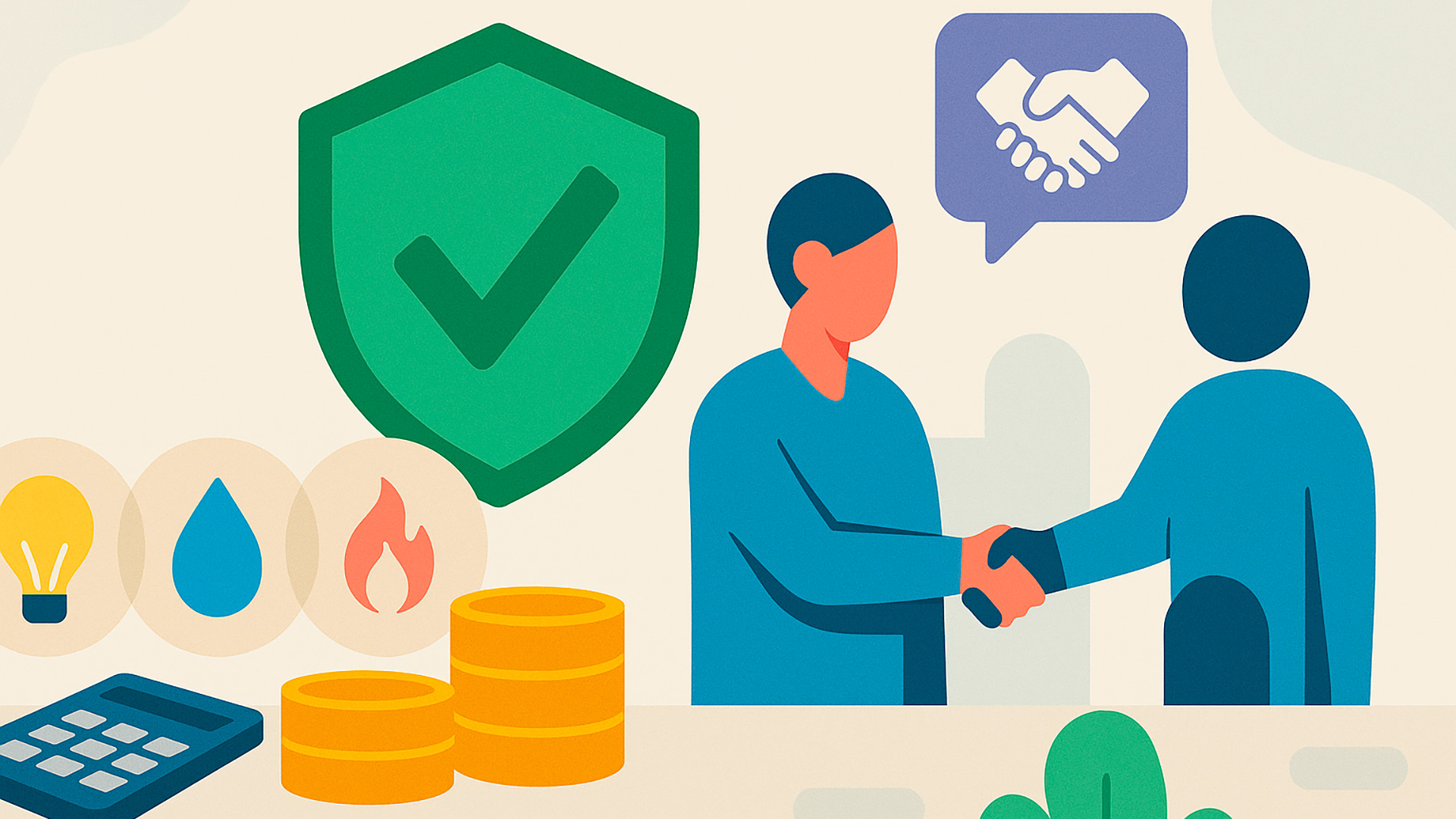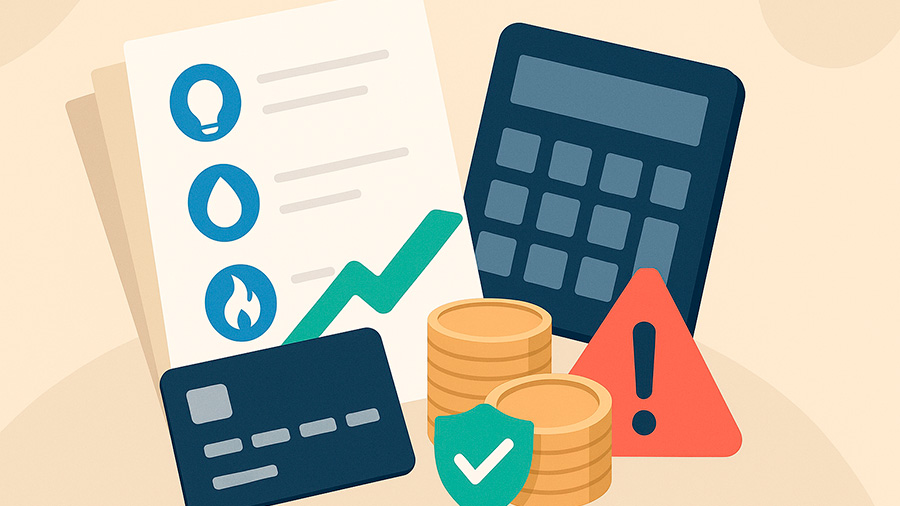Understanding How Utility Collections Work and Where to Find Support

Most households take electricity and utilities for granted until something goes wrong. When bills pile up and payments are missed, companies eventually transfer accounts into collections. At that point, the situation feels overwhelming. Calls, letters, and credit score damage can create stress, leaving families unsure of how to move forward. For many people in the United States, utilities like Duke Energy are a primary provider of power. When customers fall behind, programs such as Duke Energy Collections Help become critical, offering guidance and pathways to manage overdue balances. Understanding what this means, who provides it, and how it supports customers is essential for anyone struggling with utility bills.
Why Utility Collections Exist
Utilities are unique compared to other bills. Electricity is not a luxury—it is a necessity. Yet, energy companies still operate under business principles and must recover unpaid balances to remain sustainable. Collections exist to close the gap between service provided and payments received. If left uncollected, unpaid bills can force companies to raise rates for other customers or cut investment into infrastructure. While this may sound harsh, collections also provide structured opportunities for customers to work out payment arrangements instead of immediately losing access to electricity. This is where dedicated programs like Duke Energy Collections Help come into play, striking a balance between company sustainability and customer support.
Who Is Duke Energy?
Duke Energy is one of the largest electric power holding companies in the United States, serving more than seven million customers across several states, including North Carolina, South Carolina, Florida, Indiana, Ohio, and Kentucky. Beyond simply providing power, Duke Energy has built programs designed to assist customers during financial hardship. Collections are part of that system, but rather than functioning only as debt recovery, they often include customer assistance pathways. This is why the phrase Duke Energy Collections Help is not just about collection notices—it also refers to the resources, financial plans, and support systems in place to help people get back on track without losing access to essential services.
How Collections Work With Utility Companies
When a customer misses payments, utilities typically follow a standard process:
- A reminder or late notice is sent, usually after one missed payment.
- If another payment cycle is missed, disconnection warnings may follow.
- After continued nonpayment, the account is sent to collections—either internally managed or handed over to a third-party agency.
- Collections teams then work with customers to set up repayment arrangements, negotiate balances, or find financial aid programs.
At each step, there are opportunities for resolution. Contacting the utility early is often the difference between a manageable plan and an overwhelming collections case. Programs like Duke Energy Collections Help encourage customers to act quickly rather than waiting for accounts to spiral out of control.
Table: Typical Utility Collections Timeline
| Stage | Action Taken | Customer Options |
|---|---|---|
| 1–30 Days Late | Reminder notice sent | Pay bill or request payment extension |
| 31–60 Days Late | Second notice, possible service interruption warning | Negotiate payment plan |
| 61–90 Days Late | Account referred to collections | Contact collections help services |
| 90+ Days Late | Possible service disconnection | Seek financial assistance programs |
What Duke Energy Collections Help Offers
The program is not limited to sending bills or making calls. Instead, it acts as a bridge between customers and solutions. Depending on circumstances, support may include:
- Payment Arrangements: Breaking large overdue balances into smaller, manageable installments.
- Financial Assistance: Guidance on state or federal energy assistance programs, such as LIHEAP (Low Income Home Energy Assistance Program).
- Budget Billing: Flattening seasonal spikes by averaging payments throughout the year.
- Extension Requests: Short-term relief when customers know funds will soon be available.
By framing collections as a support service, Duke Energy Collections Help offers more than debt recovery—it offers a chance for stability. For families facing tough choices between rent, groceries, and utilities, this type of structured help can prevent deeper financial spirals.
How Collections Affect Credit Scores
One of the greatest concerns with any collections account is the impact on credit history. Utility companies, including Duke Energy, may report delinquent accounts to credit bureaus. This can lower a score significantly and stay on a report for up to seven years. However, engaging with Duke Energy Collections Help early may reduce or even avoid long-term damage. By arranging payments before an account is formally reported, customers protect their credit standing and preserve access to future loans, credit cards, or rental opportunities. In this way, proactive communication is as important as repayment itself.

Common Misconceptions About Collections
Many people assume collections are purely negative or that once an account is sent to collections, there is no way out. In reality, there are several misconceptions worth addressing:
- “Collections mean service is gone forever.” Not true. Payment arrangements can often restore service.
- “Collections help is just another name for debt collection.” While recovery is part of it, programs like Duke Energy Collections Help also connect customers to aid resources.
- “Paying in collections doesn’t help credit.” Payment may not erase the record, but it demonstrates responsibility and can lessen the negative impact.
Table: Misconceptions vs. Reality
| Misconception | Reality |
|---|---|
| Collections always lead to disconnection | Arrangements often prevent shut-offs |
| Collections destroy credit permanently | Impact lessens over time with repayment |
| No help exists once in collections | Support programs and financial aid are available |
The Human Side of Collections
Behind every overdue account is a personal story. Job loss, medical emergencies, or unexpected expenses often push families into financial difficulty. Recognizing this, programs like Duke Energy Collections Help aim to treat customers with respect while offering practical solutions. For many, talking with a representative and setting up a plan provides relief from stress. Instead of seeing collections as punishment, it can be reframed as a partnership toward resolution.
Steps Customers Can Take Today
For anyone worried about overdue bills or entering collections, simple steps can make a big difference:
- Contact the utility provider as soon as payment difficulties arise.
- Ask about payment arrangements or budget billing to reduce seasonal strain.
- Apply for energy assistance programs, especially during winter or summer extremes.
- Keep track of credit reports to monitor the impact of overdue accounts.
These steps not only help manage immediate issues but also set the foundation for long-term financial health. Using programs like Duke Energy Collections Help ensures customers remain in control rather than falling deeper into debt cycles.
Future of Utility Support Services
As technology grows, customer care is evolving. Automated payment systems, digital reminders, and online portals make it easier than ever to manage accounts. Utilities are increasingly focused on combining technology with human support. The future may include predictive analytics that identifies households at risk of falling behind before collections even begin. In this environment, services like Duke Energy Collections Help will continue to expand, offering faster, more flexible, and more empathetic solutions to customers across the country.
Support Beyond the Bill
Electricity is not optional—it is essential. Falling behind on payments can happen to anyone, but it does not have to mean losing power or damaging credit forever. Programs like Duke Energy Collections Help show that collections are not just about recovering money; they are about giving customers pathways to regain stability, protect their homes, and maintain dignity. By engaging early, using available resources, and viewing collections as a chance to find solutions, customers can turn a stressful situation into a manageable one. Ultimately, support systems like these remind us that financial challenges are temporary, and with the right help, recovery is always possible.
